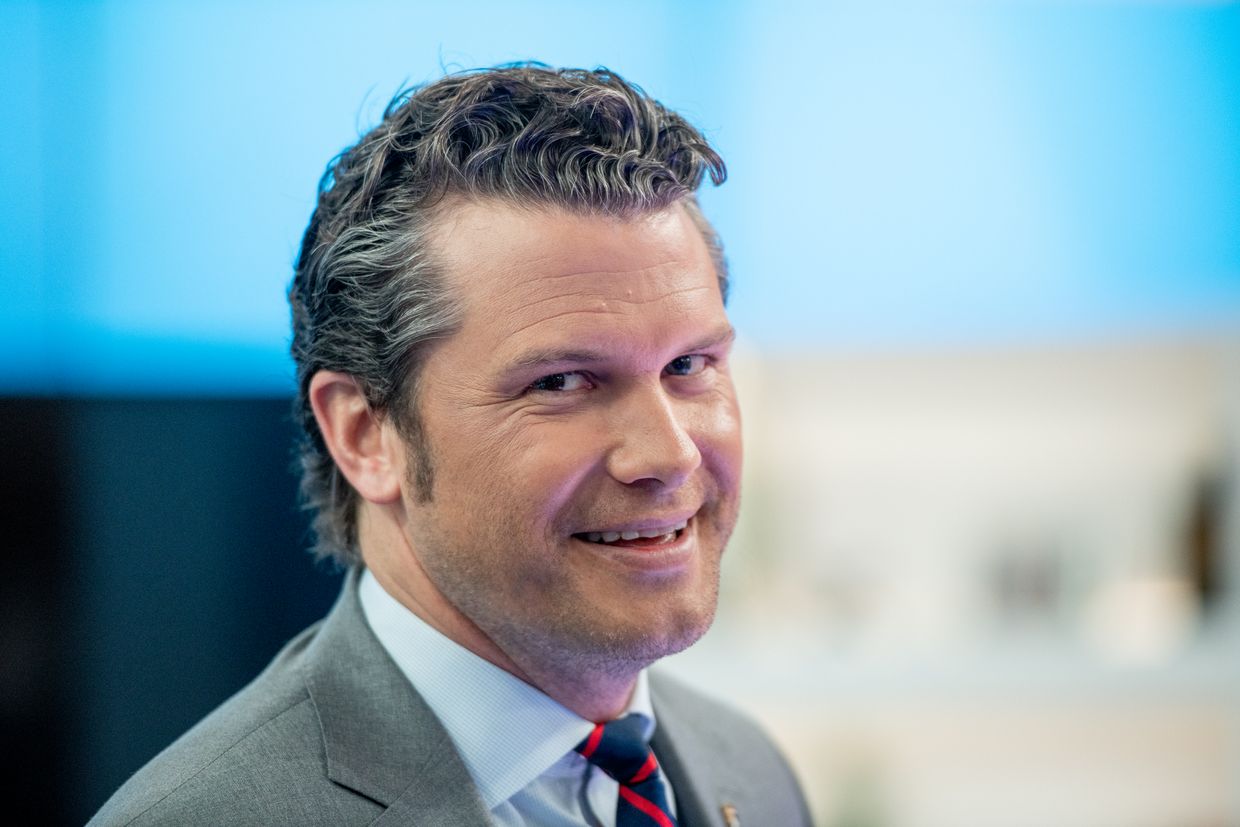Blinken meets NATO's Rutte, pledges to 'shore up' Ukraine support before Trump transition

The Biden administration plans to increase U.S. military assistance to Ukraine in the final months of its term, U.S. Secretary of State Antony Blinken said in Brussels on Nov. 13.
The statement came during Blinken's one-day emergency visit to Brussels, where he met with several officials, including NATO Secretary General Mark Rutte.
Blinken said that the outgoing administration would "continue to shore up everything we're doing for Ukraine" to ensure it can either fight effectively next year or negotiate peace with Russia from a position of strength.
The urgent trip comes amid heightened concerns about future support for Ukraine following Donald Trump's election victory and a political crisis in Germany, both of which raise uncertainties at a critical juncture in the conflict with Russia.
Trump has previously claimed he could end the war in a day, and according to the Washington Post, he recently spoke with Russian President Vladimir Putin, advising against escalation. The Kremlin has denied the report.
"We will continue to shore up everything we’re doing for Ukraine to ensure it can effectively defend itself," Blinken said ahead of planned discussions with allied representatives and Ukrainian officials.
"President Biden fully intends to drive through the tape and use every remaining day to further strengthen this alliance," he added.
Blinken also issued a stern warning regarding North Korea’s recent deployment of troops to support Russian forces, saying this "demands and will receive a firm response."
The U.S. diplomacy chief emphasized the interconnected nature of security, citing the growing "indivisibility of security between the Euro-Atlantic, Indo-Pacific, and Middle Eastern theaters," and urged allies to pursue even closer cooperation.
With only a few months left, the Biden administration plans to expedite over $6 billion in already appropriated funding for Ukrainian military support.
"Our approach remains consistent," said U.S. National Security Advisor Jake Sullivan on CBS's Face the Nation, "which is to put Ukraine in the strongest possible position on the battlefield, and ultimately at the negotiating table."












